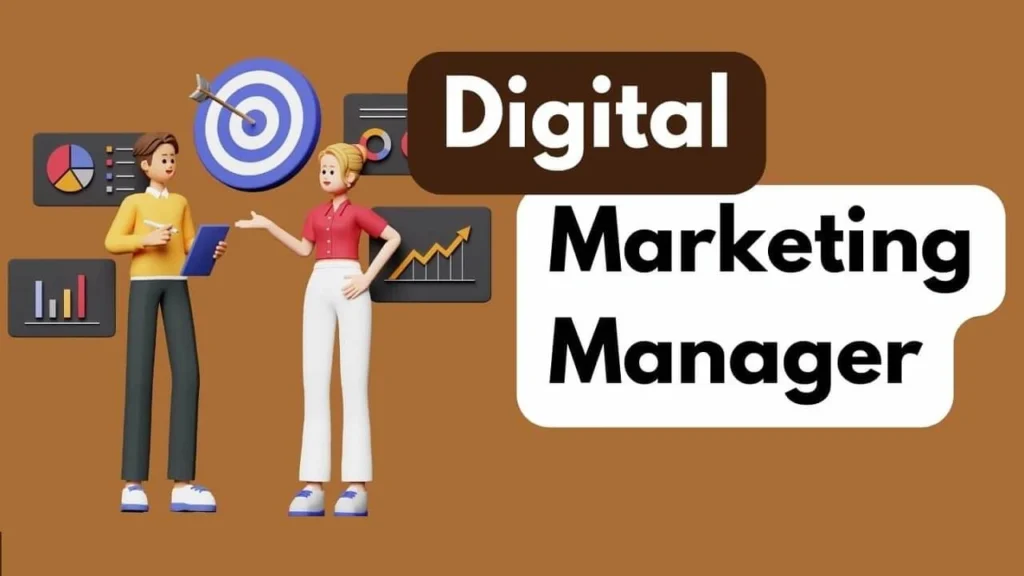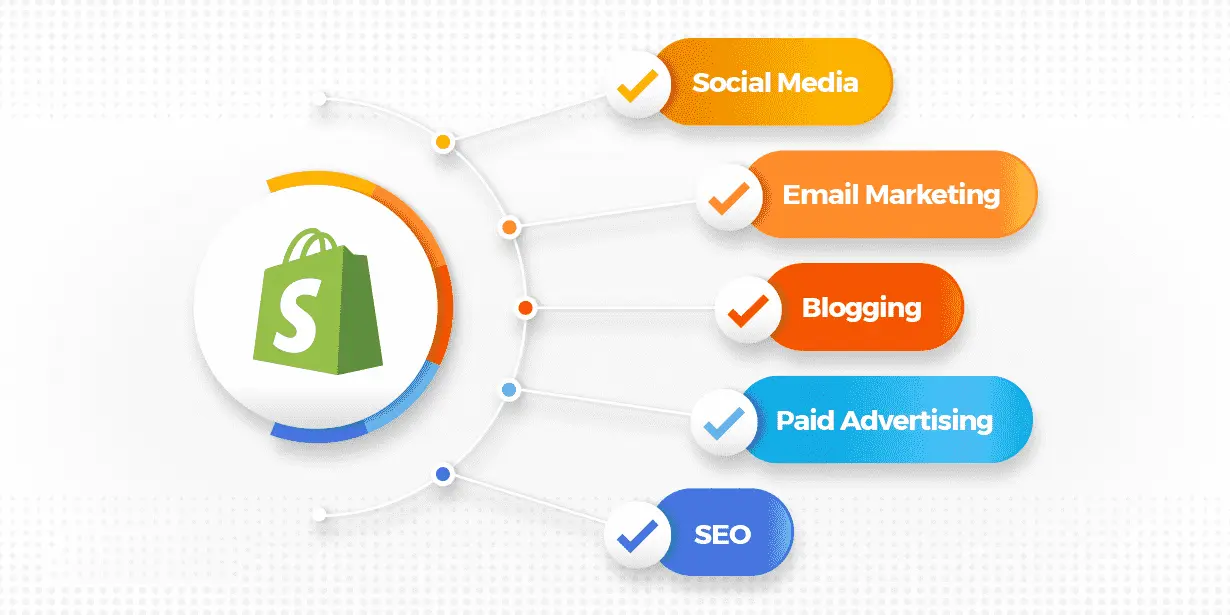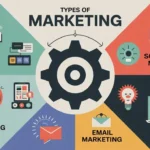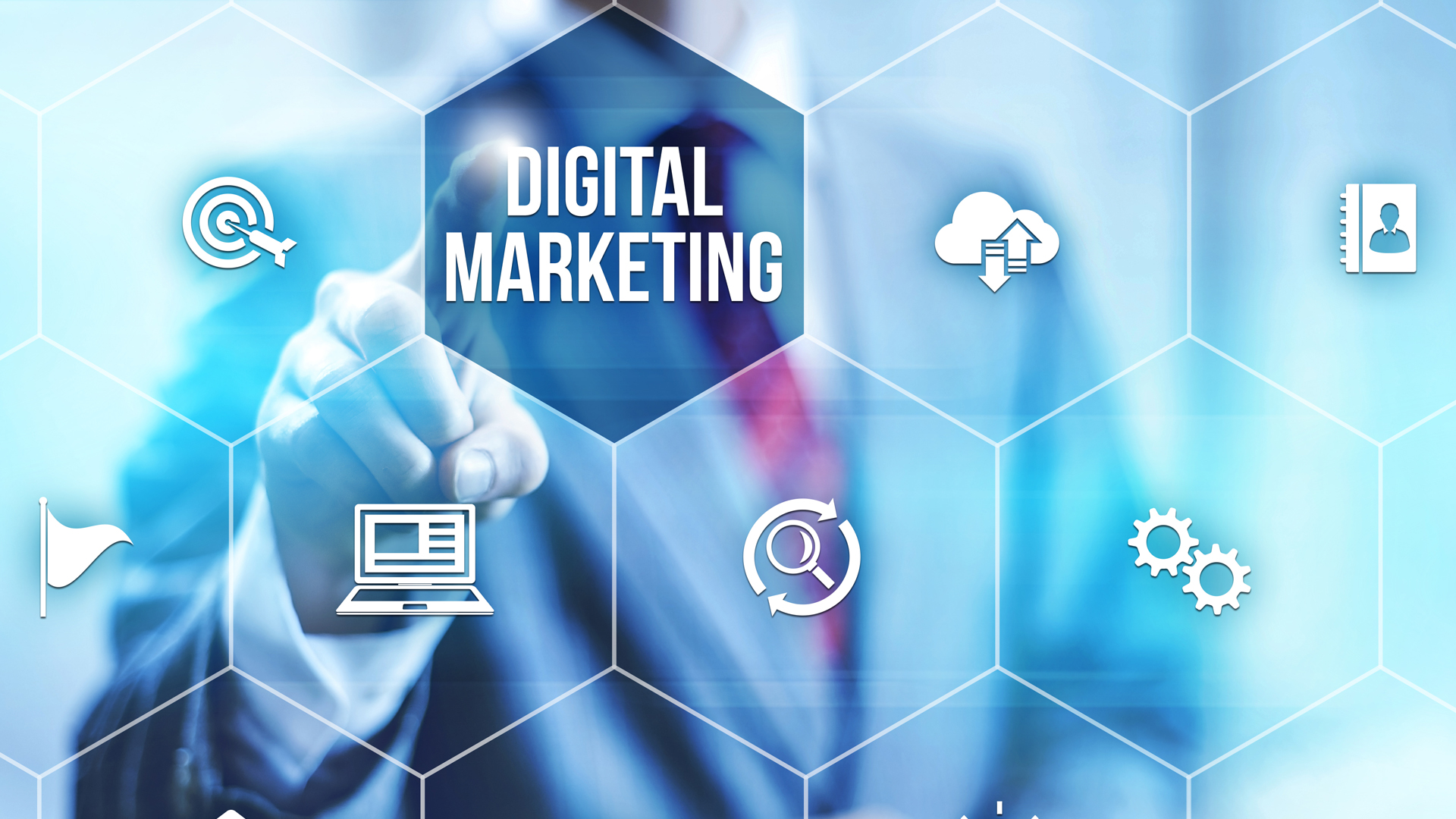The digital marketing landscape is evolving rapidly, and the role of a digital marketing has become more critical than ever. As businesses increasingly rely on digital channels to reach their audiences, skilled managers who can strategize, execute, and optimize marketing campaigns are in high demand. If you’re considering a career in digital marketing or aiming to step up your career, understanding what a digital marketing manager does and the skills required is essential.

Content
What Does a Digital Marketing Manager Do?
A marketing manager oversees a company’s online marketing efforts. This role involves planning and executing campaigns across various platforms such as social media, email, SEO, and paid advertising.
Key Responsibilities Include:
- Developing comprehensive digital marketing strategies.
- Managing and optimizing SEO and SEM campaigns.
- Overseeing social media marketing and content creation.
- Analyzing data to track performance and identify growth opportunities.
Essential Skills and Qualifications for Digital Marketing
To thrive as a digital marketing manager, you need a blend of technical and soft skills. Below are some core competencies:
- SEO Knowledge: Understanding how to improve organic search rankings by optimizing content, site structure, and technical SEO factors.
- Analytical Skills: Ability to interpret complex data sets using tools like Google Analytics and convert them into actionable marketing strategies.
- Content Marketing: Crafting compelling messages that resonate with target audiences while maintaining brand consistency.
- Project Management: Coordinating multiple campaigns, managing timelines, and allocating resources effectively.
Formal education in marketing, communications, business, or related fields can help, but many digital marketing managers succeed through hands-on experience and continuous certification.
Digital Marketing Tools and Technologies
A proficient digital marketing tools leverages a variety of tools to streamline campaigns and maximize results:
- SEO Tools: SEMrush, Ahrefs, Moz for keyword research and competitive analysis.
- Analytics Platforms: Google Analytics, Adobe Analytics for tracking campaign effectiveness.
- Email Marketing Software: Mailchimp, HubSpot for building and managing email campaigns.
- Social Media Management: Hootsuite, Buffer for scheduling posts and monitoring engagement.
Being proficient in these tools is often essential for success in this role.
Career Progression and Opportunities
The path to becoming a digital marketing often starts with entry-level roles such as SEO specialist, social media coordinator, or content marketer. With experience and proven success, professionals can move up to managerial positions and eventually into senior roles like Digital Marketing Director or Chief Marketing Officer.
Potential Career Path Examples:
- Digital Marketing Assistant → SEO Specialist → Digital Marketing Manager → Digital Marketing Director
- Social Media Coordinator → Social Media Manager → Digital Marketing Manager → Head of Marketing
The growing importance of digital marketing means that skilled managers will continue to find increasing opportunities globally, with flexible options including freelance, agency, and corporate roles.
Emerging Trends Impacting Digital Marketing Managers
Staying ahead in this role means keeping pace with the latest digital marketing trends, including:
- Data-Driven Marketing: Leveraging big data and analytics to tailor campaigns precisely to customer segments.
- Artificial Intelligence: Using AI-powered tools for customer segmentation, chatbots, and personalized marketing automation.
- User Experience: Collaborating closely with UX/UI designers to create seamless customer journeys that enhance engagement.
- Omnichannel Strategies: Integrating marketing efforts across multiple platforms—social, search, email, and offline—to deliver a consistent brand experience.
Digital marketing managers who master these trends will position themselves as industry leaders.
Challenges Faced by Digital Marketing Managers
While rewarding, this career comes with its challenges:
- Keeping up with fast-changing digital platforms and algorithms.
- Managing tight budgets while delivering measurable results.
- Balancing creativity with data-driven decision-making.
- Coordinating cross-functional teams with diverse priorities.
Strong problem-solving abilities and resilience are crucial traits for success.
How to Become a Digital Marketing Manager
Here’s a step-by-step path you can follow:
- Gain foundational knowledge: Take courses or certifications in digital marketing fundamentals.
- Build practical experience: Start in roles like content creator, SEO analyst, or social media assistant.
- Develop specialized skills: Learn analytics, paid advertising, and marketing automation tools.
- Expand leadership skills: Seek opportunities to manage projects and small teams.
Conclusion
Becoming a successful digital marketing manager requires a mix of strategic thinking, technical know-how, leadership skills, and adaptability. As the digital marketing field continues to evolve, continuous learning will be your greatest asset. This role offers dynamic challenges and rewarding opportunities to shape how businesses connect with their audiences in an increasingly digital world.
Frequently Asked Questions
Is a degree necessary to become a digital marketing manager?
While a degree in marketing or business helps, many successful managers build their careers through practical experience and continuous certification.
What industries hire digital marketing managers?
Digital marketing managers are needed across all industries including technology, retail, healthcare, finance, and nonprofits.

A business blog writer at the age of 19, Francis is a jack-of-all trades when it comes to writing. He specializes in content creation for businesses and blogs. With years of experience under his belt, he’s able to provide both written and video content that will engage readers and viewers alike!











